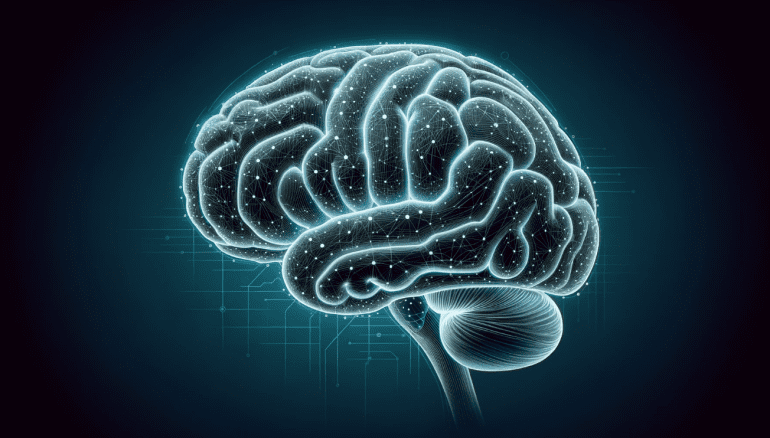- UiPath’s survey highlights the growing significance of integrating generative artificial intelligence (GenAI) with business automation.
- The event in Bengaluru emphasized the potential of GenAI, contrasting it with traditional models like GPT-4.
- Key findings reveal substantial time savings and enhanced productivity among GenAI users.
- However, there is a notable lack of adequate training and guidance on GenAI, affecting user trust and adoption.
- GenAI presents an opportunity to reduce laborious tasks and increase focus on creative endeavors.
Main AI News:
UiPath’s annual Global Knowledge Worker Survey underscores the critical need for effective integration of generative artificial intelligence (GenAI) with business automation. The survey, unveiled during the UiPath AI-Powered Automation Summit in Bengaluru, India, highlights both the limitations and potential of GenAI in transforming workplace efficiency. It explores how employees are leveraging this technology to streamline operations and enhance productivity.
The event, part of a series of regional summits across Asia Pacific and Japan, showcased UiPath’s innovative LLM family members: DocPATH and CommPATH. Unlike traditional AI models such as GPT-4, known for their inaccuracies, DocPATH and CommPATH empower enterprises to customize AI solutions precisely to their operational needs. This customization eliminates the inefficiencies of traditional prompt engineering, offering accurate document interpretation and effective communication across various formats.
The survey, based on insights from over 9,000 global workers, reveals that organizations adopting GenAI technologies are experiencing significant time savings. Furthermore, those combining GenAI with business automation report higher efficiency gains. However, despite these advantages, the survey identifies a crucial gap: a lack of comprehensive training and guidance on GenAI utilization. Currently, less than 45% of employees have received adequate training, contributing to widespread skepticism and trust issues surrounding GenAI outputs.
Key findings from the survey include:
- 42% of respondents using GenAI save 10 or more hours weekly.
- Nearly 48% of workers can focus more on creative tasks.
- Improved productivity and faster task completion are reported by users.
- Less than 48% of respondents fully trust GenAI outputs.
Arun Balasubramanian, Vice President & Managing Director, India & South Asia at UiPath, emphasizes the necessity of integrating GenAI with automation platforms to maximize benefits while ensuring reliability and security. He stresses that effective training is essential to mitigate skepticism and optimize GenAI’s potential in enhancing workplace efficiency.
The survey also highlights a concerning trend of increased burnout among employees, with 32% reporting extreme fatigue, up from 29% the previous year. GenAI presents an opportunity to alleviate these burdensome tasks, yet its efficacy hinges on comprehensive training and strategic implementation.
Conclusion:
The findings from UiPath’s survey underscore a critical juncture for the market, where the effective integration of GenAI with business automation promises significant efficiency gains. However, addressing the training gap is paramount to maximizing its potential and fostering greater trust among users. As businesses navigate this landscape, strategic investment in training and integration will be key to harnessing GenAI’s transformative power effectively.

